Vegan Globetrotter is supported by our audience. When you purchase through one of our links, we may earn a small affiliate commission. As an Amazon Associate I earn from qualifying purchases. Your cost is not affected.
==================
Can you eat raw mushrooms safely? It’s a question that pops up surprisingly often, especially for home cooks who love the versatility of these fungi. We all know they’re delicious cooked – sauteed, roasted, or stuffed – but what about enjoying them fresh and unadulterated? The answer, like many things in the culinary world, isn’t as straightforward as a yes or no. Sure, some folks might sprinkle raw white button mushrooms on their salads without a second thought. But is it always safe? And are there hidden benefits, or drawbacks, to indulging in raw mushrooms? Let’s delve into the delightful (and sometimes perplexing) world of raw vs. cooked mushrooms to unearth the truth and create the perfect culinary experience, bite after delicious bite.
Key Highlights
- Raw mushrooms can be safely eaten, but cooking them is recommended for better taste and nutrition.
- Some mushrooms, like shiitake and oyster mushrooms, can be enjoyed raw, while others are best cooked.
- Raw mushrooms have a spongy texture and a stronger, earthier taste compared to cooked mushrooms.
- The cell walls of mushrooms are made of chitin, which is difficult for humans to fully digest.
- Cooking mushrooms breaks down the cell walls, releasing nutritional and medicinal compounds that are easier for our bodies to absorb.
- It is important to properly identify mushrooms before consuming them, as some varieties can be poisonous even when cooked.
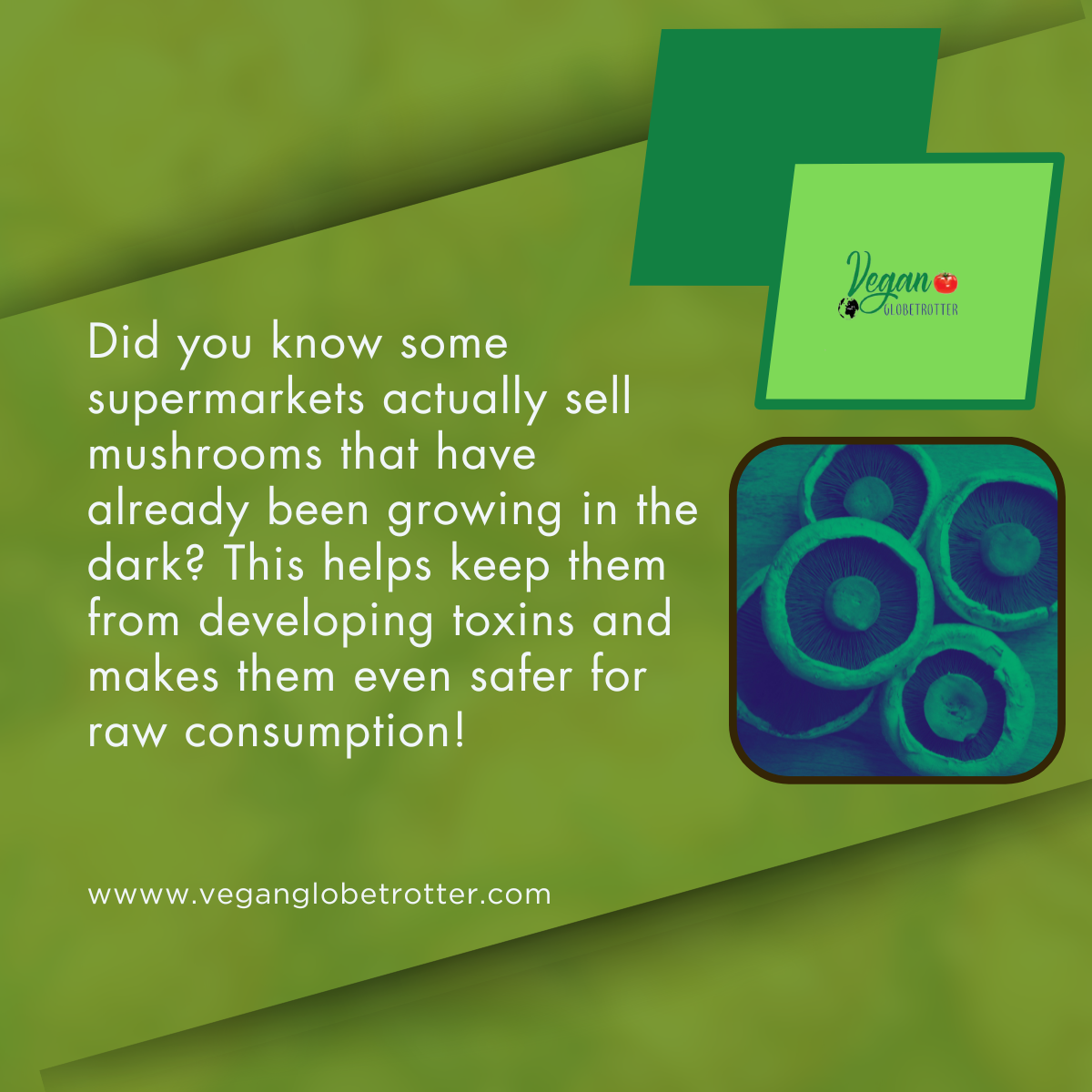
Can You Eat Raw Mushrooms Safely? Unveiling the Truth Behind This Fresh Trend
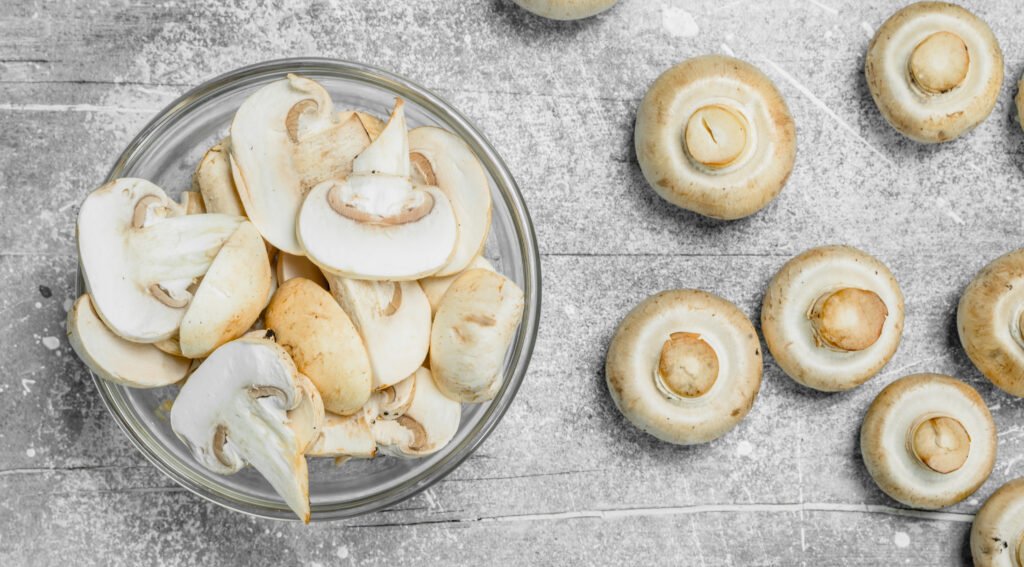
Mushrooms, a versatile ingredient in various cuisines, offer an array of tastes and textures. Whether sautéed, added to soups, or enjoyed in salads, mushrooms can elevate any dish. However, the question of consuming them raw raises concerns about safety and nutritional benefits. Exploring the nuances between raw and cooked mushrooms is essential in understanding the potential risks and advantages associated with their consumption. Let’s delve deeper into the safety aspects of enjoying mushrooms in their raw form.
Exploring the Safety of Eating Raw Mushrooms
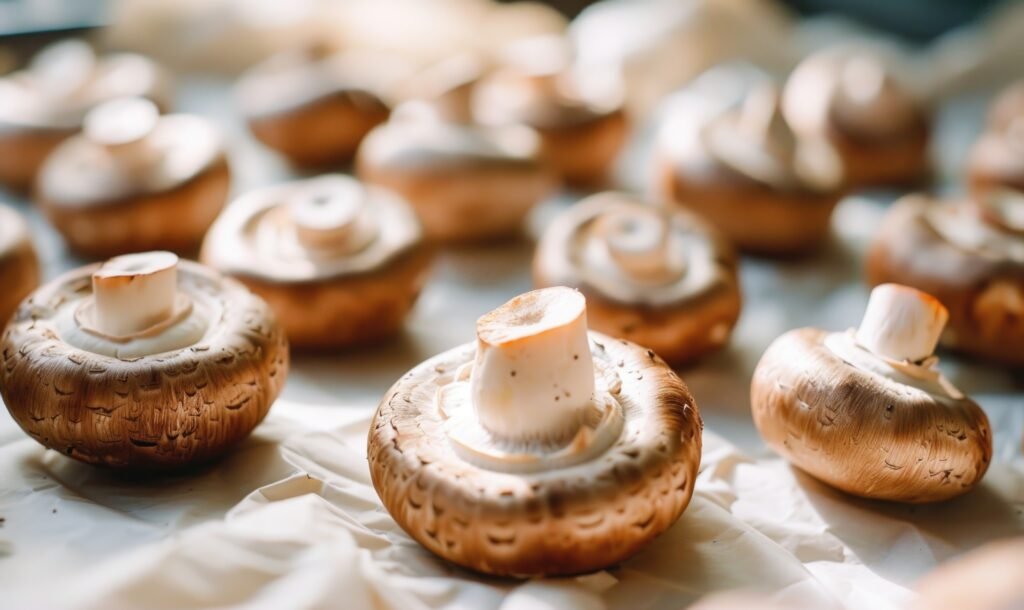
Mushrooms can be a divisive topic when it comes to raw consumption. Understanding the edibility and potential risks of raw mushrooms is crucial. Some varieties, like shiitake and oyster mushrooms, can be consumed raw, while others, such as morels and reishi mushrooms, should always be cooked. It’s essential to consider the digestibility, nutritional benefits, and any potential toxin content of the mushroom species before consuming them raw. Proper identification and caution are paramount in ensuring a safe culinary experience with raw mushrooms.
Understanding Mushroom Varieties and Their Edibility
Mushroom varieties vary in edibility. Edible mushrooms like Shiitake and Oyster are commonly consumed, while poisonous ones pose risks. Shiitake mushrooms offer health benefits and are versatile in cooking. Oyster mushrooms have a mild flavor, suitable for raw dishes or cooking.
Understanding the differences in mushroom species is crucial to avoid toxic compounds. It’s essential to identify safe varieties for consumption to enjoy their nutritional and medicinal benefits. Proper knowledge of mushroom types ensures a pleasurable and safe culinary experience.
The Digestibility of Raw Mushrooms: Myths vs. Facts
Raw mushrooms have tough cell walls that are hard to digest, leading to the misconception that cooking makes them more digestible. However, some mushrooms are easier to digest when cooked due to the breakdown of their cell walls.
While myths suggest raw mushrooms are indigestible, cooking can make them gentler on the stomach. Understanding the digestibility of raw mushrooms involves separating facts from myths, considering how cooking affects their texture and ease of digestion.
Identifying Mushrooms Safe for Raw Consumption
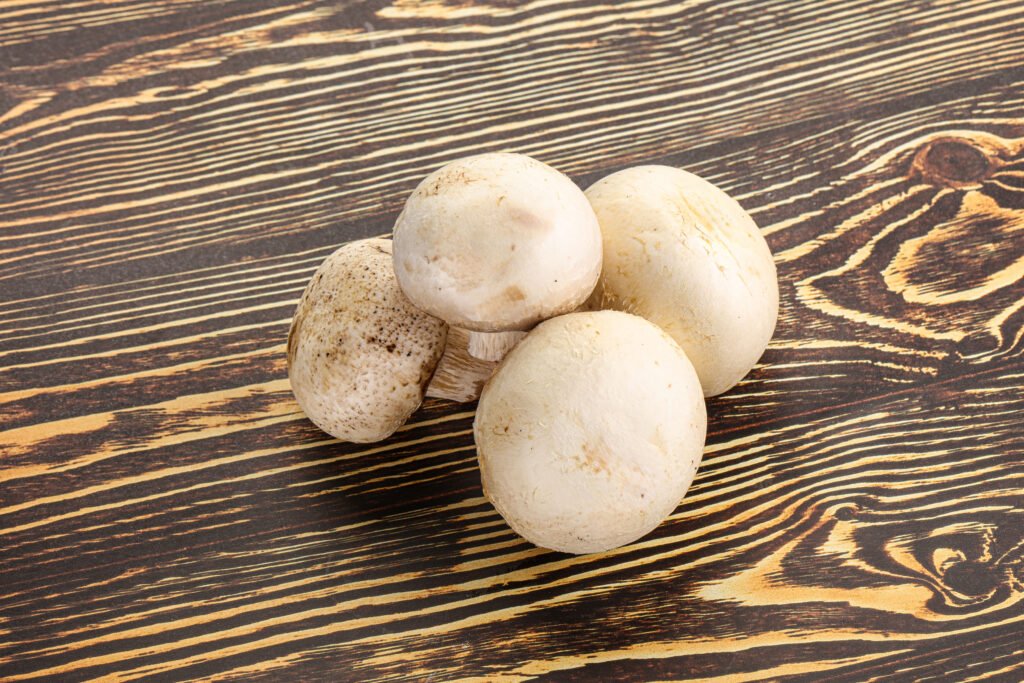
Spotlight on Shiitake: While shiitake mushrooms are mostly consumed cooked, they can be safely enjoyed raw in moderation. Oyster Mushrooms: Versatile oyster mushrooms are great for raw consumption, offering a mild and delicate flavor. White Mushrooms: Commonly found in grocery stores, white mushrooms are safe to eat raw, providing a crunchy texture. When identifying mushrooms for raw consumption, consider their firm texture and known safety when uncooked.
Spotlight on Shiitake: Raw or Not?
Shiitake mushrooms are safe to eat both raw and cooked. However, cooking them can enhance their flavor and make them easier to digest. Some prefer them cooked to bring out their rich umami taste, while others enjoy them raw for a chewy texture and earthy flavor.
Oyster Mushrooms: To Cook or Eat Raw?
Oyster mushrooms can be enjoyed both cooked and raw. Cooking them enhances flavor and makes them easier to digest, but eating them raw preserves more nutrients. Ensure proper identification before consuming raw. Enjoy the versatility of oyster mushrooms in your culinary adventures!
The Case of White Mushrooms: Raw Eating Guidelines
White mushrooms, also known as button mushrooms, can be eaten raw in salads or as a crunchy snack. Their mild flavor and firm texture make them a versatile addition to raw dishes. However, it’s important to clean them properly to remove any dirt. Avoid consuming white mushrooms if they have a slimy or discolored appearance, as this could indicate spoilage. Store them in a paper bag in the refrigerator to maintain freshness and texture. Enjoy white mushrooms raw for maximum nutritional benefits.
Highlighting Mushrooms That Should Never Be Eaten Raw
Morels and reishi mushrooms should never be consumed raw due to potential health risks. Morels can cause digestive issues if not cooked adequately, while reishi mushrooms contain compounds best activated by heat. It’s crucial to cook these varieties thoroughly before consumption to avoid any harmful effects. Understanding the importance of proper cooking methods when dealing with these mushrooms is essential for a safe culinary experience. Always prioritize food safety when handling certain mushroom species that are not suitable for raw consumption.
The Hidden Dangers of Consuming Raw Morels
Raw morels contain a mild toxin that can cause digestive issues when eaten uncooked. These mushrooms have tough cell walls that are difficult to break down in their raw form, leading to potential stomach pain and discomfort. Cooking morels thoroughly helps neutralize these harmful compounds, making them safe for consumption. Consuming raw morels may increase the risk of food poisoning due to toxic compounds present in their raw state. It is crucial to cook morels properly to avoid any health complications.
Why Reishi Mushrooms Require Cooking
Reishi mushrooms contain hard cell walls that are tough to digest in raw form. Cooking them breaks down these cell walls, making their beneficial compounds more bioavailable. Raw reishi mushrooms may be challenging for the digestive system due to their tough texture. Cooking these mushrooms not only improves their digestibility but also enhances the release of their medicinal properties. It is recommended to cook reishi mushrooms to fully unlock their potential health benefits.
The Nutritional Debate: Raw vs. Cooked Mushrooms
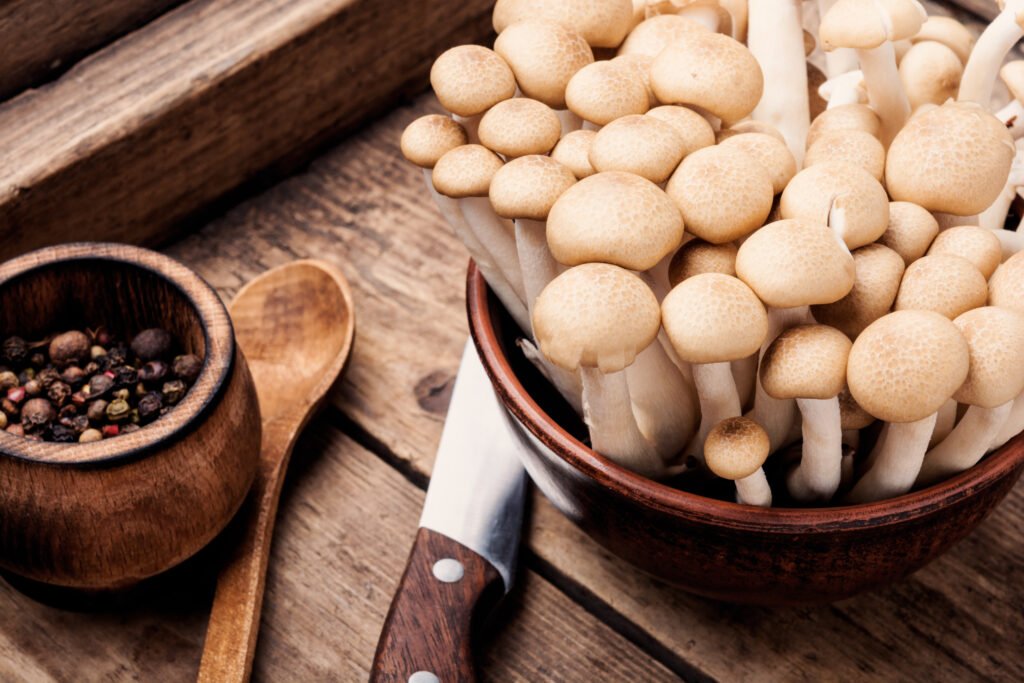
How do raw and cooked mushrooms compare nutritionally? Cooking mushrooms can break down tough cell walls, enhancing nutrient absorption. While raw mushrooms offer some benefits, cooking can boost the bioavailability of certain nutrients like Vitamin D. However, high heat may reduce some heat-sensitive compounds. Understanding the nutritional differences between raw and cooked mushrooms can help you make informed dietary choices to maximize their health benefits.
How Cooking Affects Mushroom Nutrients
Cooking mushrooms can alter their nutrient composition. Heat breaks down the tough cell walls, allowing easier nutrient absorption. For example, cooking increases the levels of beneficial compounds like vitamin D. However, some heat-sensitive nutrients may degrade during cooking. Balancing raw and cooked mushroom consumption ensures a variety of nutritional benefits. By understanding how different cooking methods affect nutrients, one can optimize the intake of essential vitamins and minerals from mushrooms.
Raw Mushrooms: Nutritional Benefits and Considerations
Raw mushrooms offer a range of nutritional benefits. They are low in calories yet rich in essential nutrients like fiber, vitamins, and minerals. Consuming raw mushrooms may help boost the immune system and promote overall health. However, some people may find them harder to digest in their raw form due to tough cell walls. Cooking mushrooms can break down these cell walls, making the nutrients more accessible. Consider both raw and cooked mushrooms in your diet to maximize their nutritional value.
The Role of Mushrooms in Diets: A Closer Look
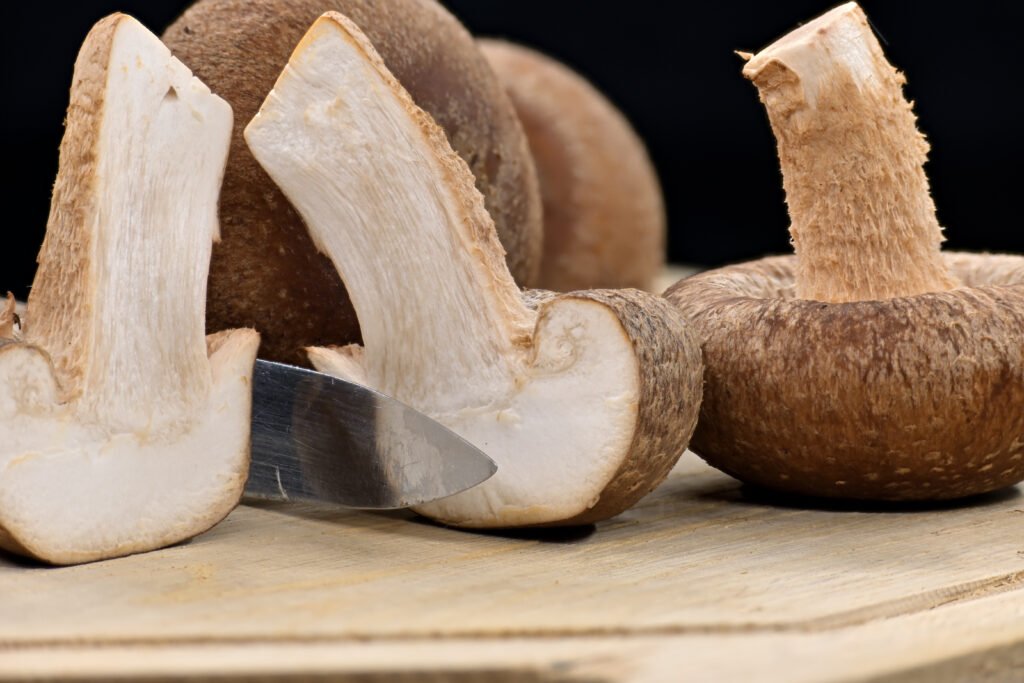
Mushrooms play a significant role in various diets due to their numerous health benefits. In vegan and vegetarian diets, mushrooms are often used as a meat substitute because of their meaty texture and umami flavor. They are low in calories and fat, making them a great option for weight management. Mushrooms also provide dietary fiber, which aids in digestion and contributes to a healthy gut. Additionally, mushrooms are rich in essential nutrients such as potassium, riboflavin, niacin, and vitamin D, among others.
Mushrooms in Vegan and Vegetarian Diets
Mushrooms are a staple in vegan and vegetarian diets due to their versatility and numerous health benefits. They provide a meaty texture and umami flavor that makes them a popular choice as a meat substitute. Mushrooms are also low in calories and fat, making them an excellent option for those looking to maintain a healthy weight. They are rich in essential nutrients such as potassium, riboflavin, niacin, and vitamin D, which are often lacking in plant-based diets. Additionally, mushrooms are a good source of dietary fiber, which aids in digestion and helps keep you feeling full for longer. Whether cooked or raw, mushrooms are a valuable addition to vegan and vegetarian diets.
Considering Mushrooms for Weight Management
If you’re looking to manage your weight, mushrooms can be a great addition to your diet. They are low in calories and fat, making them a filling and nutritious food choice. Additionally, mushrooms are rich in dietary fiber, which can help you feel full and satisfied, reducing the chances of overeating. The fiber in mushrooms also aids in digestion and promotes a healthy gut. Including mushrooms in your meals can help you maintain a balanced and nutritious diet while managing your weight effectively. Whether you prefer cooked or raw mushrooms, they can be a valuable tool in your weight management journey.
Precautions with Raw Mushrooms in Special Conditions
Raw mushrooms are generally safe to eat for most people, but there are some precautions to consider, especially for certain groups of individuals. Pregnant women, for example, are advised to avoid consuming raw mushrooms. During pregnancy, the immune system is weakened, making pregnant women more susceptible to foodborne illnesses. Raw mushrooms may contain harmful bacteria and other pathogens that could pose a risk to the health of the pregnant person and their unborn baby.
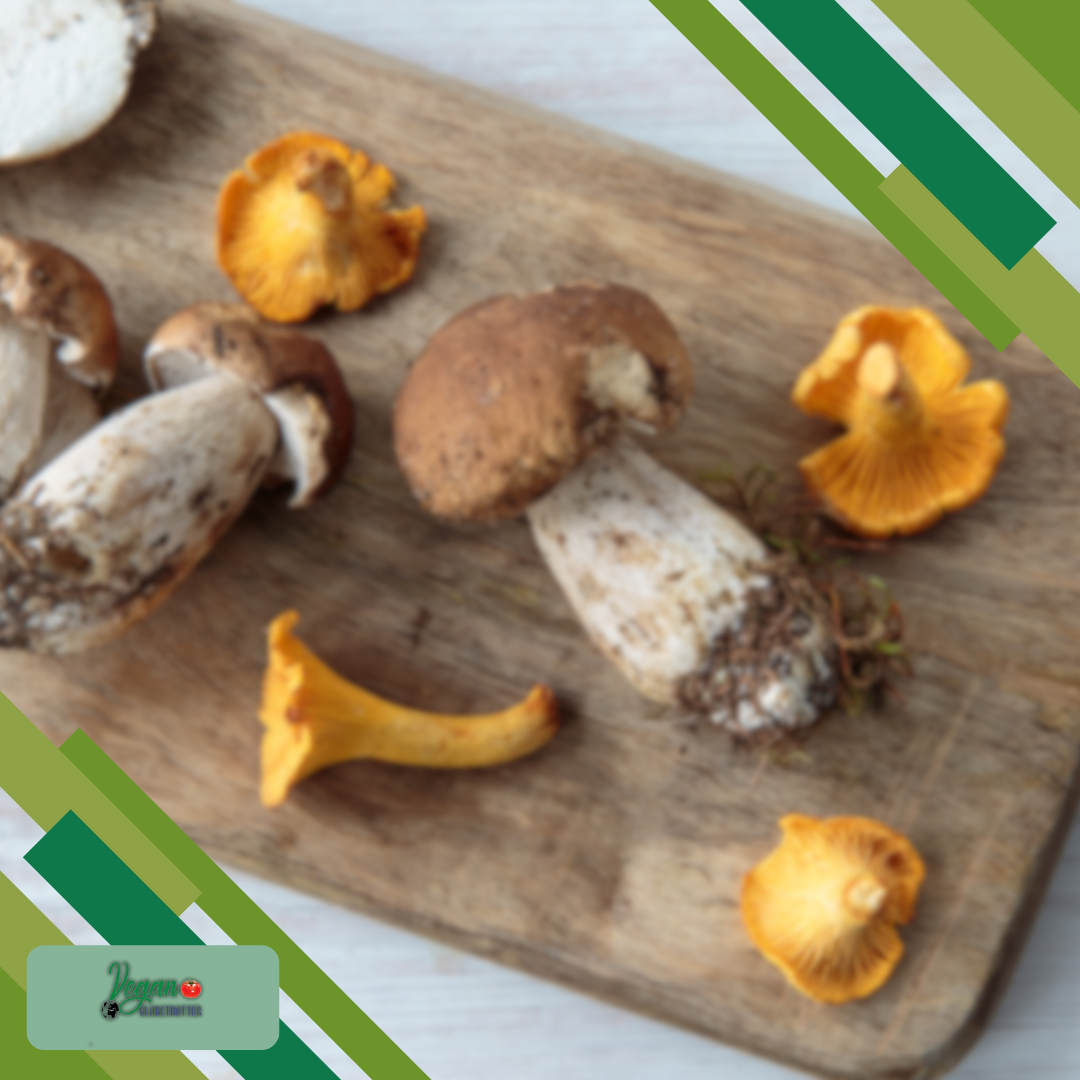
Individuals with allergies or sensitivities to mushrooms should also exercise caution when considering raw mushroom consumption. Mushrooms are known allergens and can cause allergic reactions in some individuals. Symptoms of a mushroom allergy may include itching, swelling, rashes, or difficulty breathing. If you have a known allergy or sensitivity to mushrooms, it is best to avoid eating them raw to prevent any adverse reactions.
For individuals with a compromised immune system, such as those undergoing chemotherapy or with autoimmune conditions, it is important to consult with a healthcare professional before consuming raw mushrooms. These individuals are more susceptible to infections and foodborne illnesses, and the risk of consuming raw mushrooms may outweigh the potential benefits.
Overall, while raw mushrooms can be enjoyed safely by most individuals, it is important to consider any special conditions or allergies before incorporating them into your diet. If you have any concerns or doubts, it is always best to consult with a healthcare professional for personalized advice.

Raw Mushrooms During Pregnancy: Safe or Not?
Pregnant women are advised to avoid consuming raw mushrooms due to the potential health risks. Raw mushrooms may harbor harmful bacteria such as E. coli or salmonella, which can cause foodborne illnesses. During pregnancy, the immune system is weakened, making pregnant women more susceptible to these infections.
Foodborne illnesses can have serious consequences for both the pregnant person and their unborn baby. They can lead to dehydration, premature labor, and even miscarriage. Therefore, it is recommended to thoroughly cook mushrooms before consuming them during pregnancy to eliminate any potential pathogens.
Cooking mushrooms not only ensures their safety but also helps to enhance their flavor and increase their nutritional value. By cooking mushrooms, you can break down their tough cell walls and release the beneficial compounds they contain. This can provide you with a more enjoyable and nutritious meal while reducing the risk of foodborne illnesses.
If you are pregnant and have any concerns about consuming mushrooms, it is always best to consult with your healthcare provider for personalized advice based on your specific health needs and circumstances.
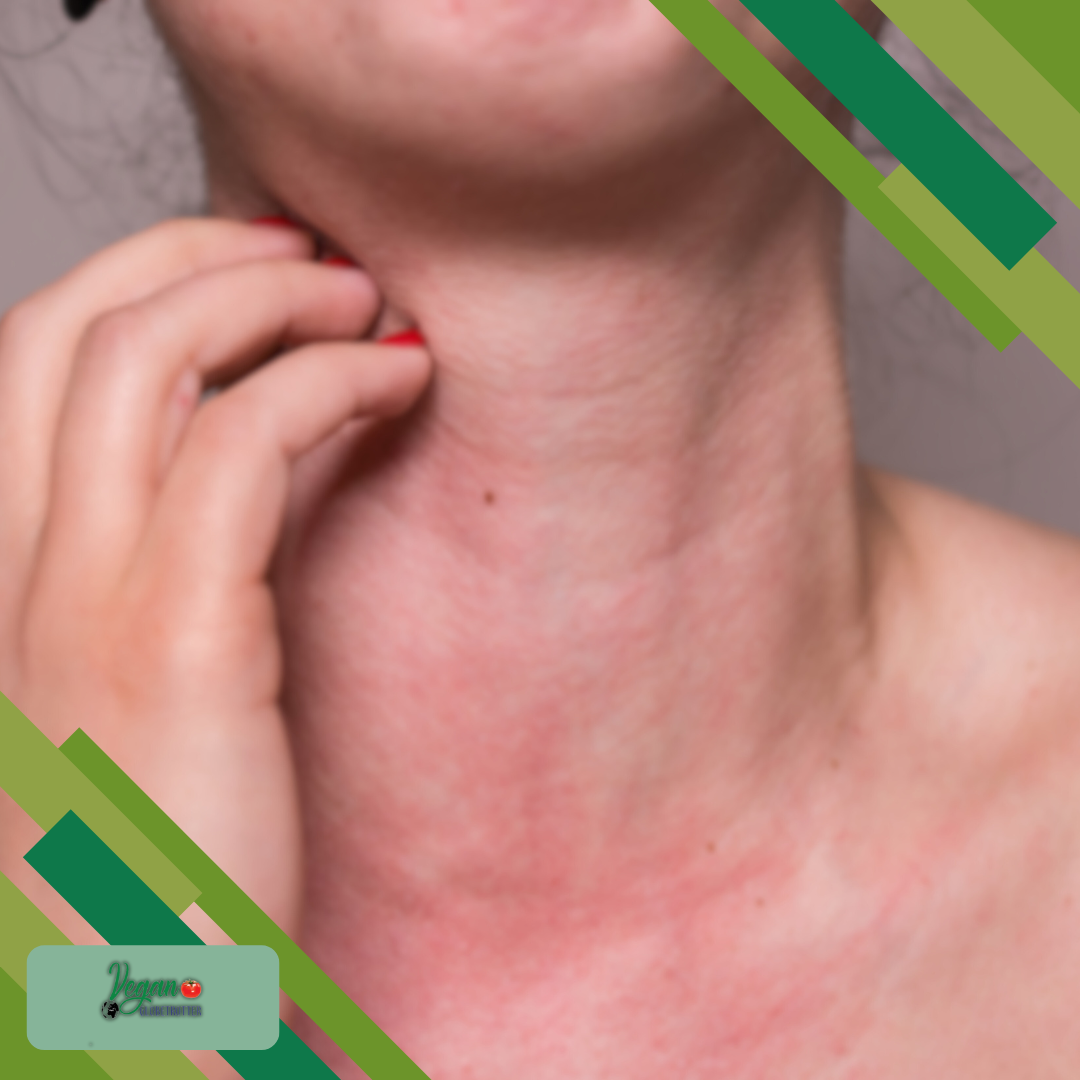
Allergies and Sensitivities: Navigating Mushroom Consumption
While mushrooms are a nutritious and delicious food, it is important to be aware of potential allergies or sensitivities before consuming them. Mushrooms are known allergens and can cause allergic reactions in some individuals.
Symptoms of a mushroom allergy may include itching, swelling, rashes, or difficulty breathing. If you have a known allergy or sensitivity to mushrooms, it is best to avoid consuming them raw to prevent any adverse reactions. Cooking mushrooms can help to break down allergens and make them safer to consume for individuals with mushroom allergies.
If you are unsure whether you have a mushroom allergy or sensitivity, it is recommended to consult with an allergist or healthcare professional for proper diagnosis and guidance. They can perform tests to determine if you have an allergy and provide recommendations for safe mushroom consumption based on your specific needs.
It is also important to note that some individuals may have a sensitivity to certain types of mushrooms, such as shiitake mushrooms. In these cases, it is best to avoid consuming those specific mushroom varieties to prevent any adverse reactions or discomfort.
By being aware of any allergies or sensitivities and taking necessary precautions, you can safely enjoy the many benefits that mushrooms have to offer.
Can You Eat Raw Mushrooms Safely? The Verdict, Delivered Fresh
So, can you eat raw mushrooms safely? The answer, like many things in life, depends. Cultivated mushrooms like white button, cremini, portobello, and shiitake are generally safe to enjoy raw. They add a delightful crunch to salads, sandwiches, or veggie platters. However, keep in mind that raw mushrooms might have a stronger, earthier flavor compared to their cooked counterparts.
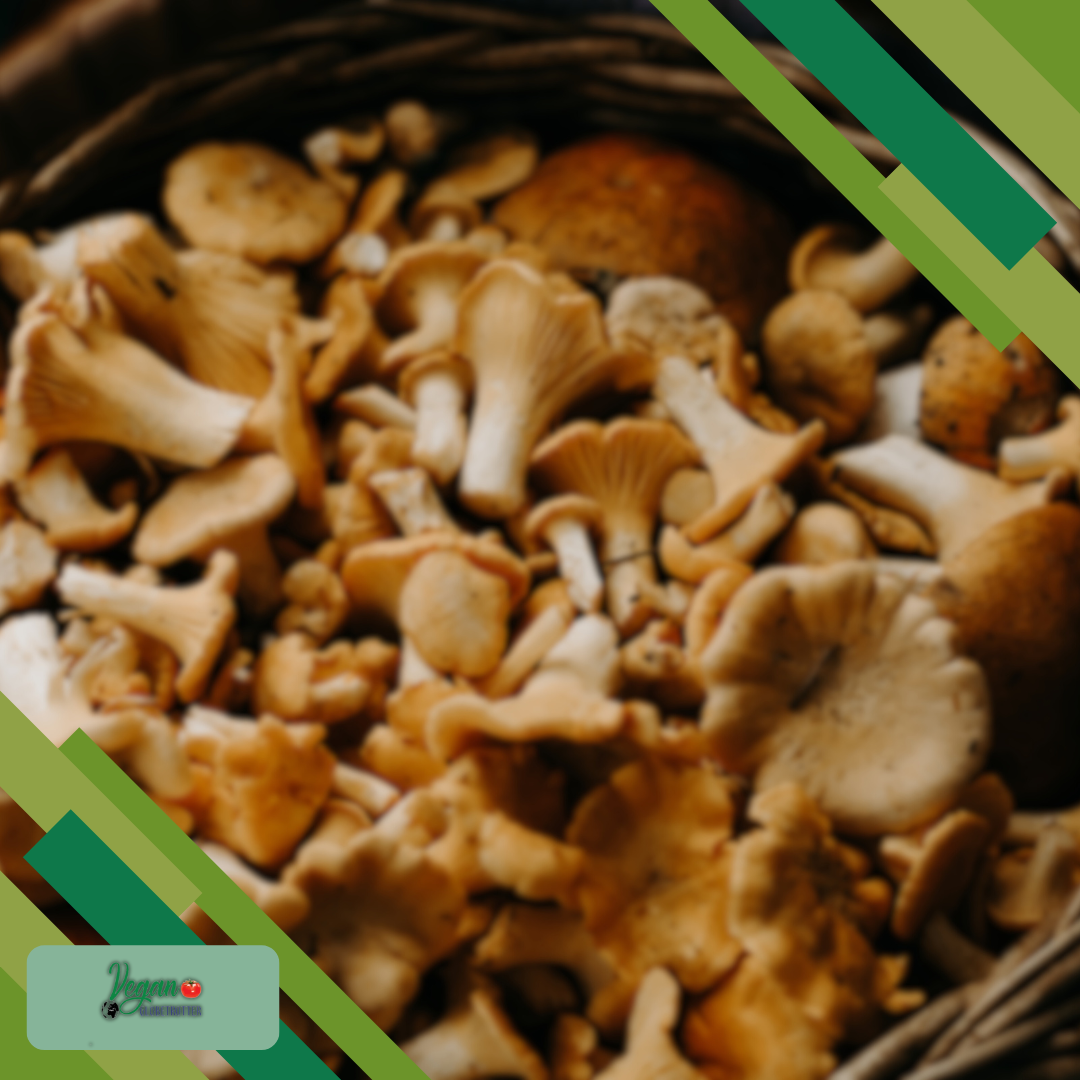
We’ve delved into the fascinating world of raw vs. cooked mushrooms, exploring digestibility, nutrient changes, and safety considerations. We learned that cooking unlocks some vitamins but might reduce others. We also discovered that raw mushrooms can be a bit tough on the digestive system, while cooked ones might be easier on your gut.
The biggest takeaway? Listen to your body! If you find raw mushrooms a bit tough to digest, enjoy them cooked. But if you love the fresh, crisp texture, go for it! Just remember, proper identification is key. When in doubt, throw it out!
Craving a culinary adventure? Why not try a mix of raw and cooked mushrooms in your next dish? Experiment with textures and flavors to discover your perfect balance. After all, the best way to answer “can you eat raw mushrooms safely” is to explore and see what works for you!
Frequently Asked Questions
What Are the Best Practices for Washing Mushrooms?
When it comes to washing mushrooms, it is important to handle them with care to ensure food safety. Start by giving them a quick rinse under cool water to remove any dirt or debris. Avoid soaking mushrooms as they can absorb water and become soggy. It is also recommended to use a brush or cloth to gently scrub the mushrooms, especially if they have a firmer texture. If you prefer not to rinse mushrooms, you can also wipe them clean with a damp cloth. After washing, pat them dry with a clean paper towel or kitchen towel. To store mushrooms, it’s best to place them in a paper bag or a breathable container in the refrigerator to prevent moisture buildup and prolong their shelf life. Following these best practices for washing and storing mushrooms will help to reduce the risk of harmful bacteria and ensure that you are enjoying fresh and safe mushrooms.
Can Cooking Eliminate All Toxins in Mushrooms?
Cooking mushrooms can help to eliminate or reduce the levels of certain toxins present in mushrooms, particularly in wild mushrooms. High heat during cooking can break down toxic compounds and make mushrooms safe to eat. However, it is important to note that not all toxins can be completely eliminated through cooking. Therefore, it is crucial to properly identify and safely handle mushrooms, especially if foraging for wild mushrooms. Cooking mushrooms not only eliminates toxins but also enhances their flavor and unlocks their nutritional benefits. By cooking mushrooms, you can release important compounds such as antioxidants and vitamins, making them more beneficial for your health.
How to Introduce Mushrooms into Your Diet Safely?
If you are new to incorporating mushrooms into your diet, it is important to introduce them slowly and safely. Start by trying small amounts of cooked mushrooms to see how your body reacts. If you tolerate them well, you can gradually increase your intake and experiment with different cooking methods and recipes. Avoid consuming raw mushrooms if you are unsure of your tolerance or have a sensitive digestive system, as they can be harder to digest and may increase the risk of food poisoning. It is always recommended to follow dietary guidelines and consult with a healthcare professional or nutritionist for personalized advice based on your individual needs and health conditions.

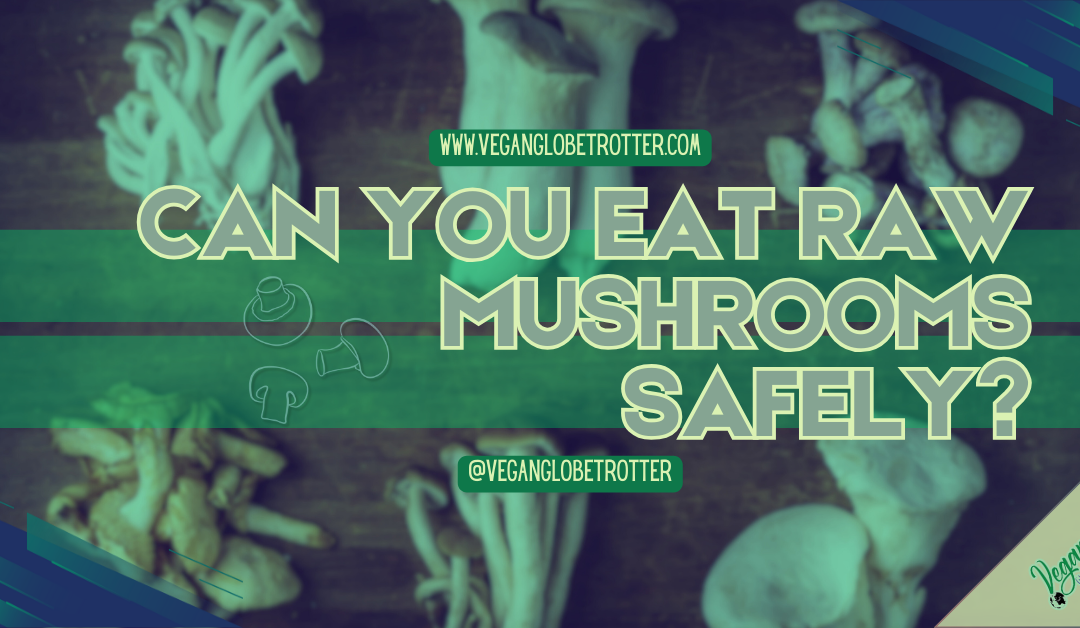


Don't miss out
when new recipes and information are added!
Join our newsletter for free recipes,
healthy living inspiration, and special offers
You have Successfully Subscribed!